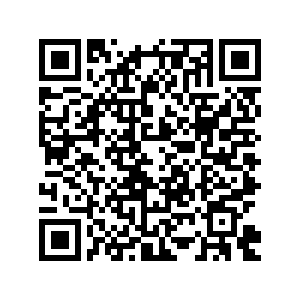CANBERRA, March 24 (Xinhua) -- Australia's national science agency has deployed a biocontrol solution to an invasive weed that poses a major threat to shorebirds including penguins.
A team from the Commonwealth Scientific and Industrial Research Organization (CSIRO) on Thursday released the fungus Venturia paralias into Victoria's Port Campbell National Park to prevent the spread of the invasive coastal weed sea spurge.
The sea spurge, also known as Euphorbia paralias, is a flowering plant native to Europe, northern Africa and western Asia. It can alter the structure of sand dunes and displace vegetation, disrupting the nesting patterns of shorebirds.
"The weed also has a sap which can cause irritation to animals as well as humans," CSIRO scientist Gavin Hunter said in a media release.
"Sea spurge grows along Australia's southern coastline and is a concern for coastal ecosystems. We're hopeful the biocontrol agent will help reduce the dense weed from penguin nesting sites at Port Campbell, and many other beaches along the coastline where the weed occurs.
"There are many challenges with current methods for removing sea spurge so finding a biocontrol agent for the weed was important to complement existing management strategies of hand pulling and chemical sprays that are very labour intensive, costly, and can not easily be deployed in difficult-to-access beaches," the release said.
Discovered on the Atlantic and Mediterranean coasts of France, Venturia paralias causes lesions on the stems and leaves of sea spurge plants.
Following extensive tests at the CSIRO's quarantine facility in Canberra researchers decided it was safe to release into the national park, which is a popular tourist destination due to its penguin population.
"Our research found that the fungus is highly specific toward sea spurge. Based on our results, the fungus was approved by the regulator for release in Australia," research technician Caroline Delaisse said. ■
